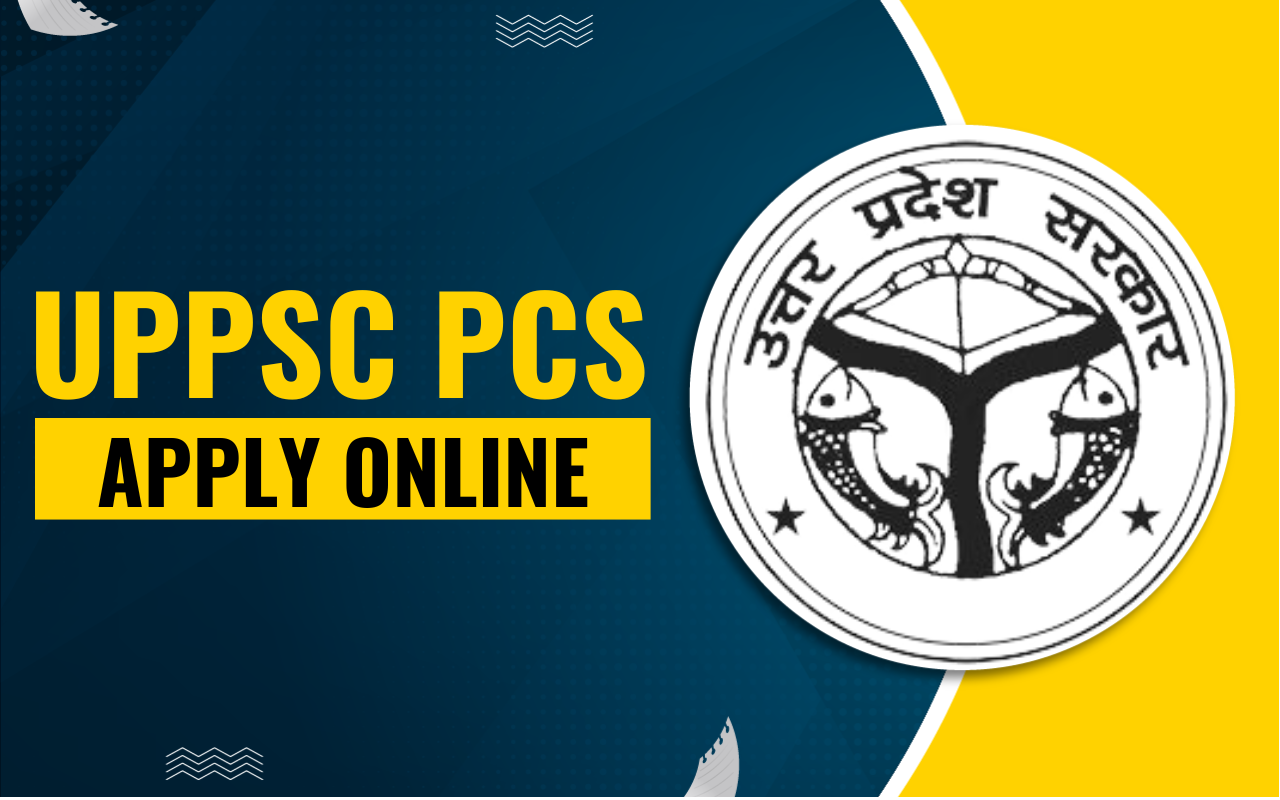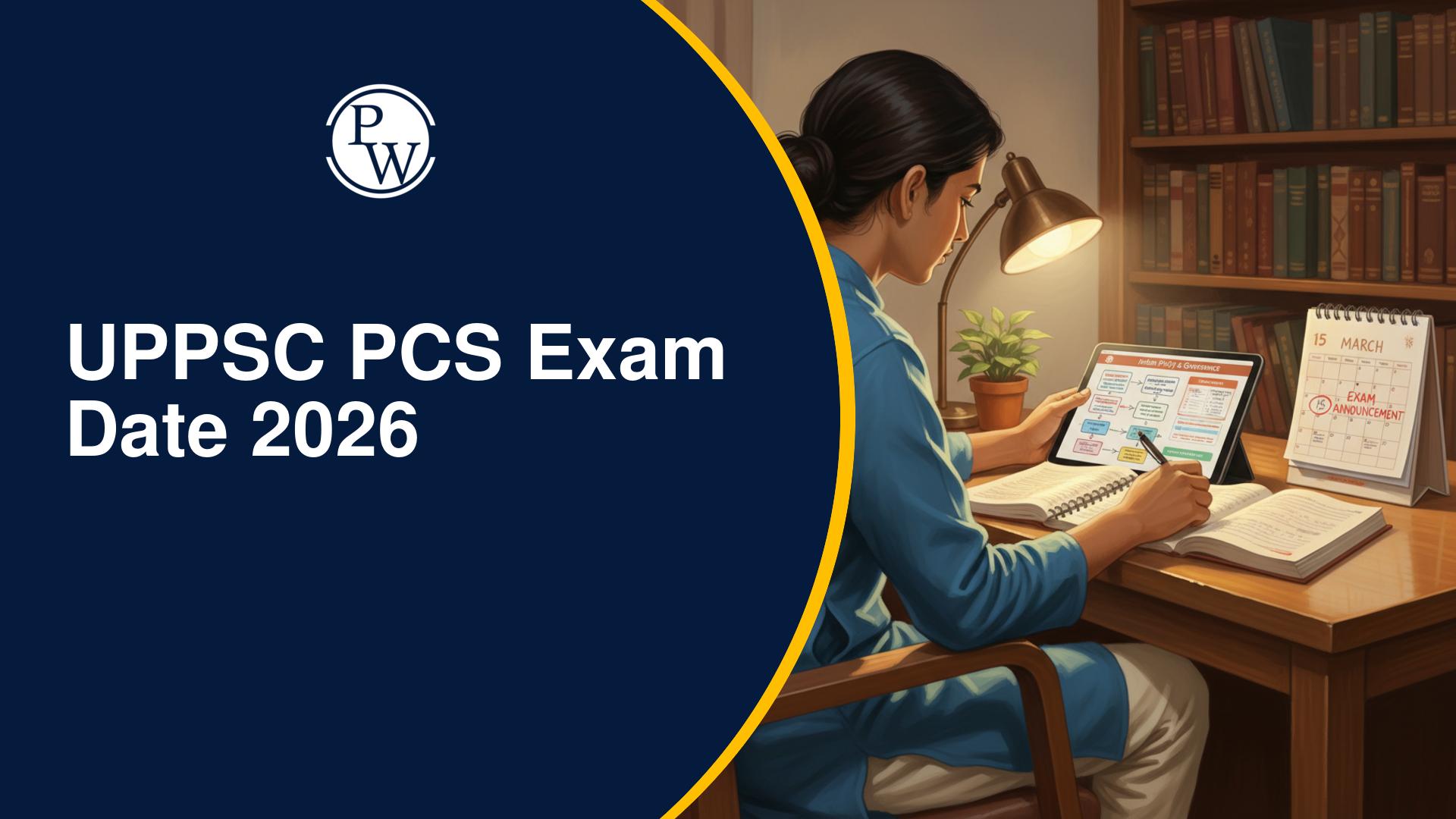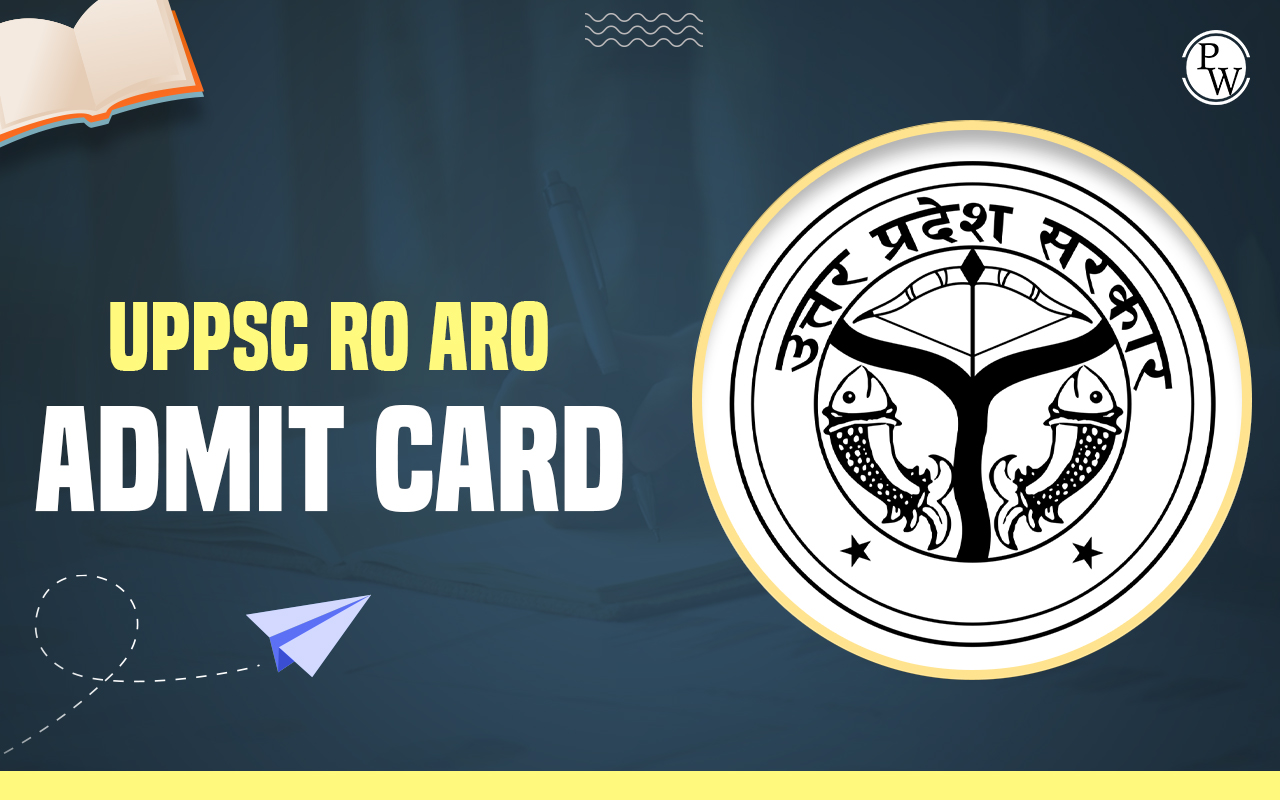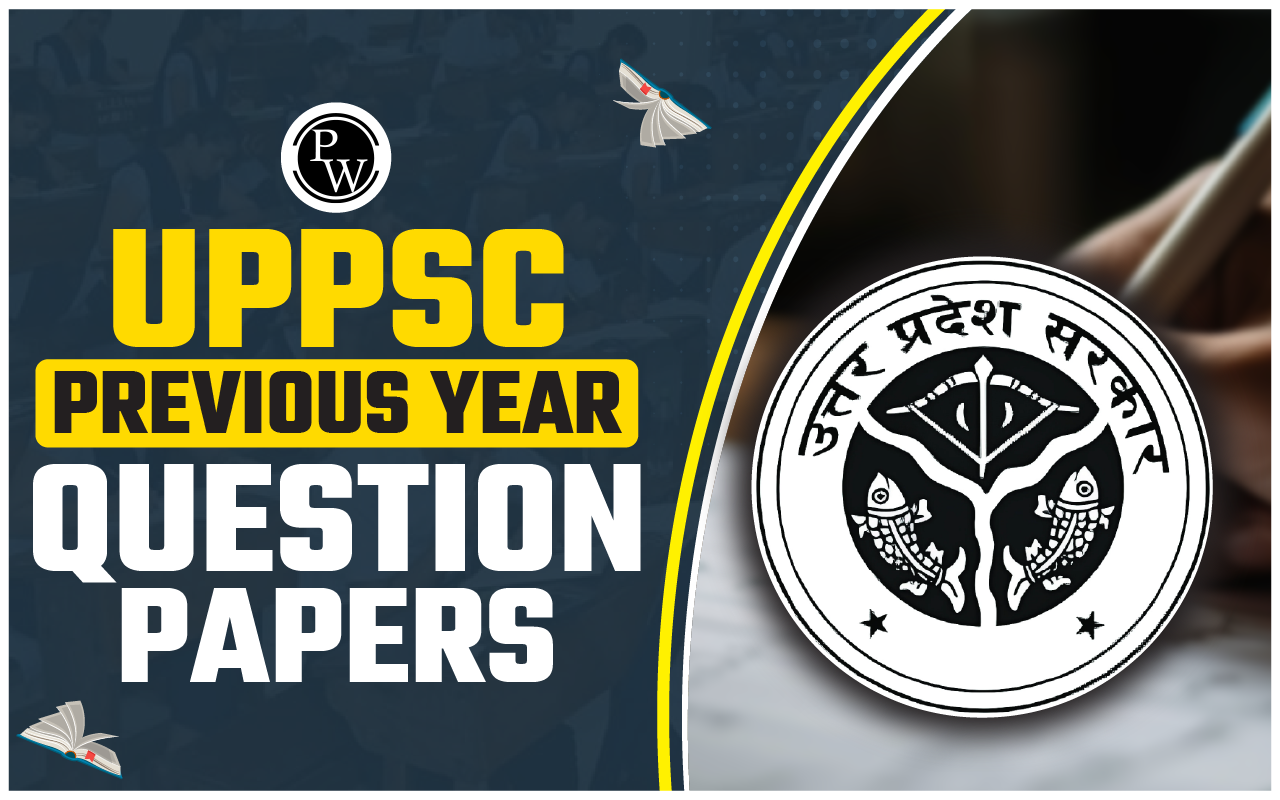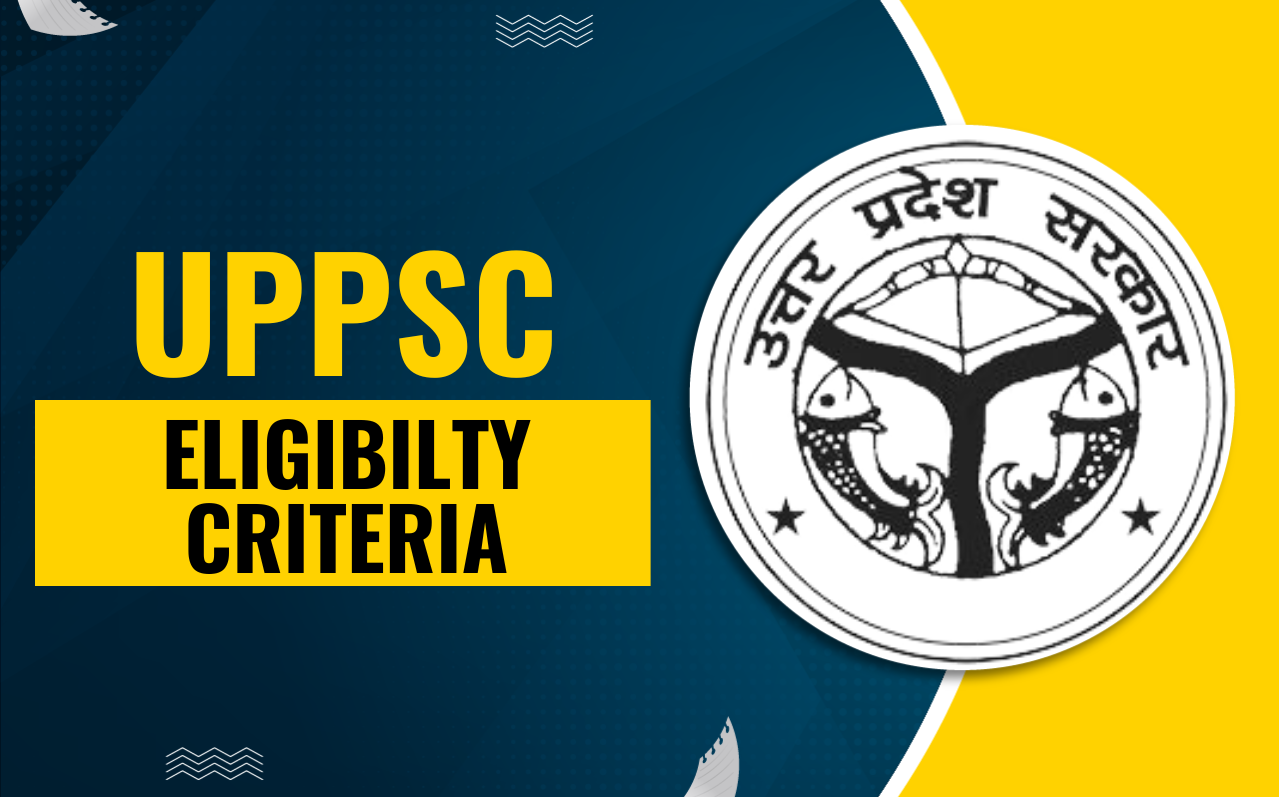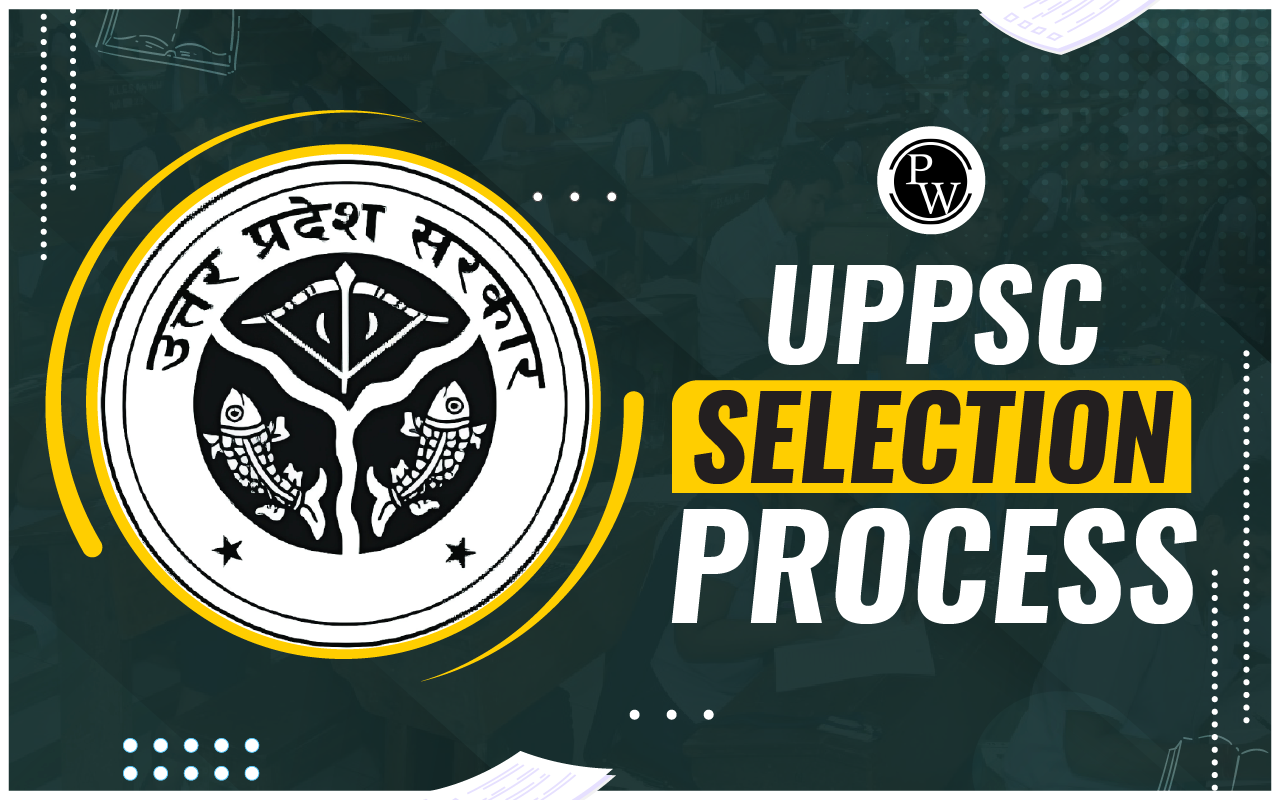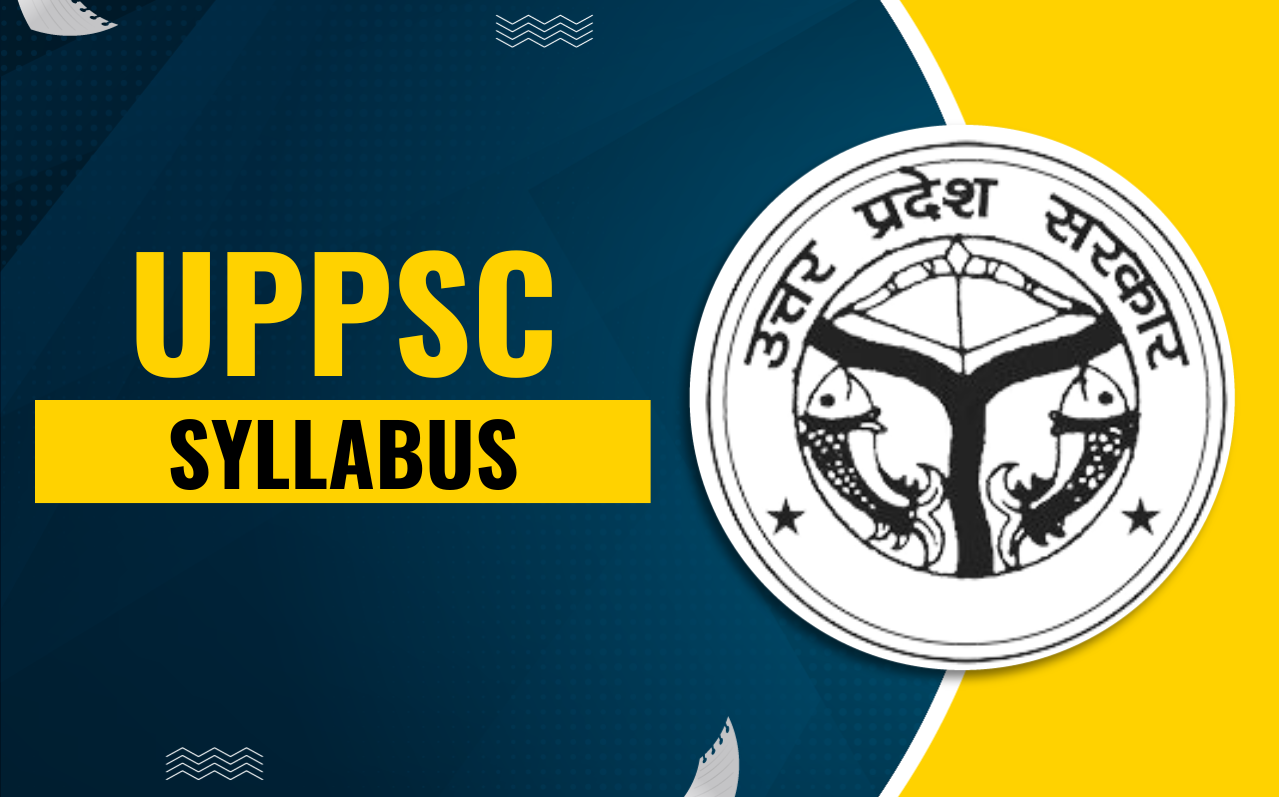
Jawaharlal Nehru Biography: Jawaharlal Nehru (born November 14, 1889 in Allahabad, India—died May 27, 1964 in New Delhi) was the first prime minister of independent India (1947-64), who founded parliamentary governance and was known for his neutral (nonaligned) foreign policy. He was also a key figure in the Indian independence movement.
Also read: Political parties in Uttar Pradesh
Jawaharlal Nehru Biography
Jawaharlal Nehru was a prominent leader in the Indian independence movement and played a pivotal role in shaping India's political landscape. As the first Prime Minister of India, he was instrumental in the country’s transition to a republic, implementing key policies on economic development, industrialization, and education. Nehru’s leadership helped shape India's secular and democratic identity, and his influence extended both before and after independence, earning him the title of "Pandit" due to his deep understanding of Indian culture and history.
Jawaharlal Nehru’s Early Age and Childhood
Pandit Jawaharlal Nehru was born on November 14, 1889, in Allahabad, and served the country from 1947 until his death in 1964. Jawahar Lal Nehru was born in Prayagraj, which is located in Allahabad. Because of his association with the Kashmiri Pandit community, he was also known as Pandit Nehru, while Indian children called him Chacha Nehru. Jawaharlal Nehru's birthday is popularly honoured as Children's Day. His father's name is Motilal Nehru, and he was Prime Minister of India between 1919 and 1928.
His mother, Swarup Rani Thussu, was Motilal's second wife. Jawahar Lal Nehru had two sisters, and he was the eldest. The eldest sister, Vijay Laxmi, later became President of the United Nations General Assembly. And the youngest sister, Krishna Hutheesing, was a well-known writer who wrote several books on her brother. Jawahar Lal Nehru was married to Kamala Nehru, born in 1899.
He was raised in a wealthy family. His father taught him about private governesses and tutors. Nehru became interested in science and theosophy while studying under Ferdinand T. Brooks. At the age of thirteen, family friend Annie Besant introduced him to the Theosophical Society. Brooks was with me for about three years, and he had a significant influence on me.
Jawaharlal Nehru's Political Journey
In 1912, Pandit Jawaharlal Nehru attended the Bankipore Congress as a delegate. He initially met Mahatma Gandhi in 1916 and was deeply affected by him. He organised the first Kisan March in Pratapgarh in 1920. He was imprisoned twice as part of the Non-Cooperation Movement (1920-22). He had attended the Congress of Oppressed Nationalities in Belgium, representing the Indian National Congress. In 1927, he attended the tenth anniversary festivities of the October Socialist Revolution in Moscow. He was lathi-charged in Lucknow in 1928 as part of the Simon Commission.
On August 29, 1928, he attended the All-Party Congress and signed the Nehru Report, which carries his father's name, Shri Motilal Nehru. He founded the "Independence for India League" in 1928 and served as General Secretary. In 1929, he was chosen to conduct the Indian National Congress session in Lahore. The whole agenda for the country's independence was only adopted during this session. Between 1930 and 1935, he was frequently imprisoned for his role in the Salt Satyagraha and other Congress-sponsored activities. On February 14, 1935, he finished writing his "Autobiography" in Almora Prison. Following his release from prison, he travelled to Switzerland to see his ailing wife.
He was arrested again on October 31, 1940, for opposing India's forced admission into the war. He was released from prison in December 1941. On August 7, 1942, at a meeting of the "All India Congress Committee" in Bombay, Nehru suggested the resolution to "Quit India." On August 8, 1942, he and other leaders were captured and taken to Ahmednagar Fort. This was his final and longest prison sentence. Following his release from prison in January 1945, he organised a legal defence for INA officers and members accused of treason.
Also read: Freedom fighters of Uttar Pradesh
Jawaharlal Nehru: The First Prime Minister of Independent India
Nehru was prime minister for 18 years, first as a temporary prime minister and then as Prime Minister of the Republic of India, beginning in 1950. In the 1946 elections, Congress won the majority of seats in the assembly, and Nehru led the interim administration. Jawaharlal Nehru was sworn in as Free India's first Prime Minister on August 15, 1947. On August 15, he took office as Prime Minister of India and delivered his inaugural speech titled "Tryst with Destiny".
Death of Jawaharlal Nehru
After 1962, Nehru's health began to deteriorate gradually, and he spent months recuperating in Kashmir until 1963. He felt very calm after returning from Dehradun on May 26, 1964, and went to bed. As usual, he had a pleasant night, but when he returned from the toilet, Nehru complained of back pain. He spoke briefly with the professionals who were caring for him before collapsing nearly immediately. He remained unconscious till his death.
His death was filed to the Lok Sabha on May 27, 1964 (the same day); the cause of death is considered to be a heart attack. Jawaharlal Nehru's body was displayed on the Indian national tricolour flag. On May 28, Nehru was cremated in Hindu rituals at Shantivan on the banks of the Yamuna, in front of 1.5 million mourners who flocked to Delhi's streets and cremation grounds.
Also read: Railways in Uttar Pradesh
Jawaharlal Nehru Biography FAQs
Who was Jawaharlal Nehru?
When did Nehru become the Prime Minister of India?
What was Nehru's role in India's independence?
What was Nehru's vision for India?
When did Jawaharlal Nehru die?

